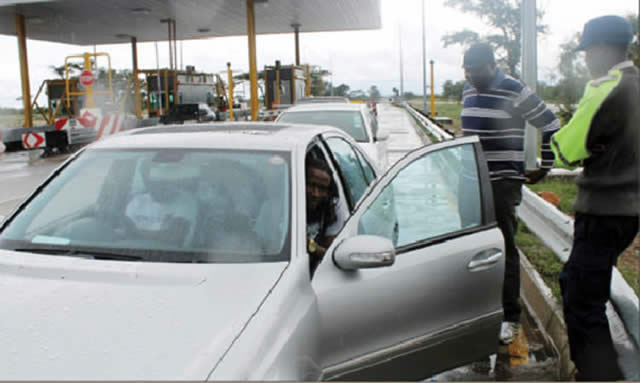Govt should interrogate VAT impact on tourism

Golden Sibanda Senior Business Reporter
REPORTS on the potential negative impact of Value Added Tax on accommodation sales to foreign visitors were startling and require Government to interrogate the issue to avoid stifling the tourism sector.
According to a survey carried out by the Zimbabwe Economic Policy Analysis and Research Unit, the VAT affected profitability of tour operators with profitability decreasing by 10 percent to 15 percent.
In turn, hotels and lodges on average, registered a decline in profitability by about 27 percent last year compared to the same period the previous year, which they attributed absorbing the tax.
The various tourist businesses have had to absorb a good proportion of the VAT to avoid passing the cost to visitors and suddenly turn Zimbabwe is an expensive destination in the region where it competes with other countries for the tourist dollar.
According to the study by ZEPARU, the impact of the tax has been to reduce profitability, which also has the potential double effect of also reducing corporate tax and so inflows to the fiscus.
“The general impact has been to reduce profitability, which has implications on corporate revenue,” excerpts from the study say.
The impact of the taxation depends on the extent to which an operator absorbed the VAT cost in an attempt to spare the customer. So far there has been minimal impact on tourist arrivals because operators absorbed the cost, but for how long they can sustain it before the wheels, inevitably, start coming off is not known.
The objective has been to try and prevent or minimise transfer of the additional VAT costs to the price of foreign hotel accommodation, as that would throw the cost advantage to other countries in the region.
Industry and economic experts have called for a downward variation of the VAT on foreign hotel accommodation to rates lower or comparable to others in the region.
South Africa levies 14 percent, Botswana 12 percent, Namibia 15 percent and Kenya 14 percent after reducing the rate from 16 percent.
While absence of the VAT used to be a comparative advantage for Zimbabwe, its introduction could now be a source of uncompetitiveness against countries that use weaker own currencies.
In terms of international experiences, France reduced the VAT rate on restaurant services from 19,6 percent to 5,5 percent in July 2009 and registered 50 000 new jobs in the restaurants industry.
Germany whittled down the VAT on accommodation services from 19 to 7 percent in 2010 and saw an annual increase of 2,4 percent and 2,9 percent in a number of hotels between 2010 and 2011.
In Luxembourg, the low level of the tax saw the hospitality industry creating 1 650 new jobs in 2011 and over 1 800 in 2012.
But in Latvia, increasing the rate on accommodation in January 2209 from 5 to 21 percent reduced employment in the sector by 12 000, resulting in Government and social income loss of 14 million Euro.
After increasing the VAT on foreign accommodation from zero to 10 percent in 2006, Croatia saw average nights tourists stayed in its hotels declining by 20 percent while arrivals fell by 2,1 percent. As such, there has been suggestion that there be a gradual variation in the introduction of the VAT starting from about 5 percent before getting to the reduced rate over spread over two years.
“This would recognise their vulnerability to competition, while at the same time giving them time to play a role in contribution to Government revenue,” ZEPARU said in its policy recommendation.











Comments